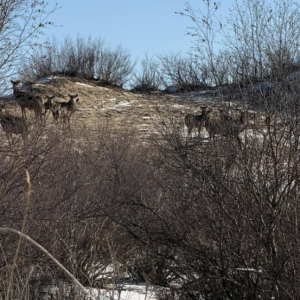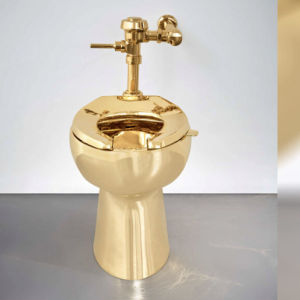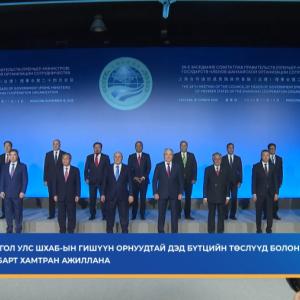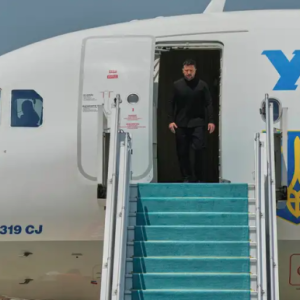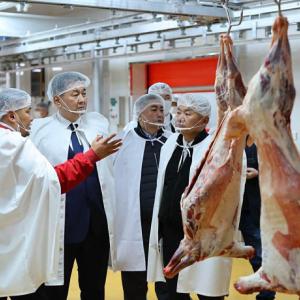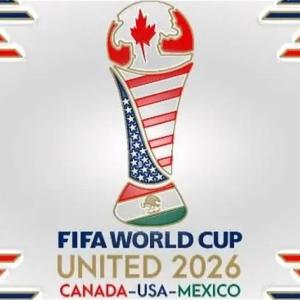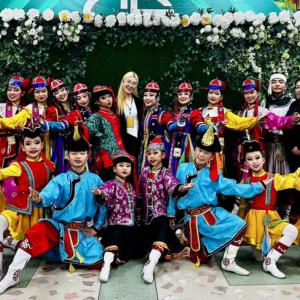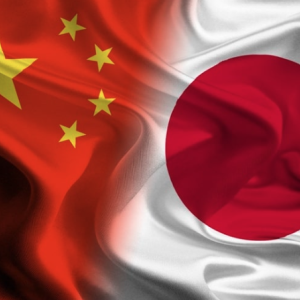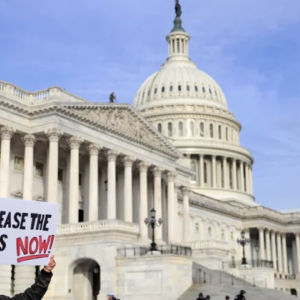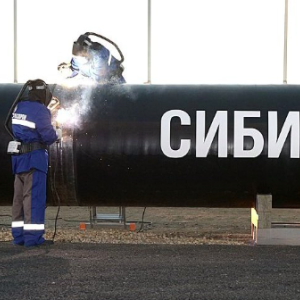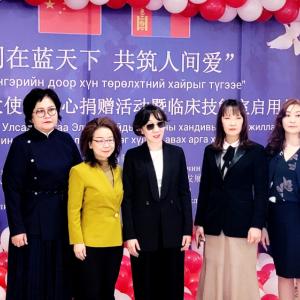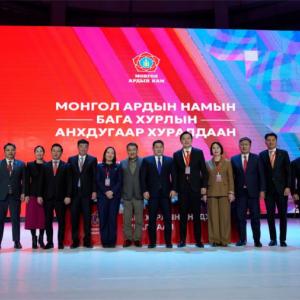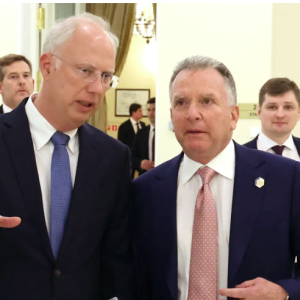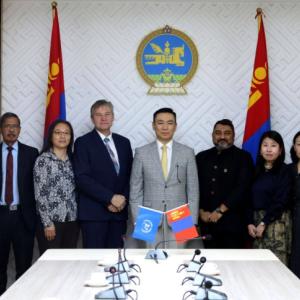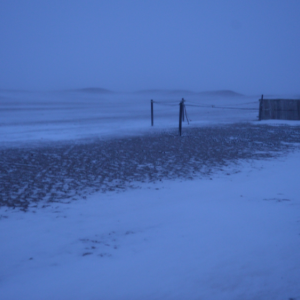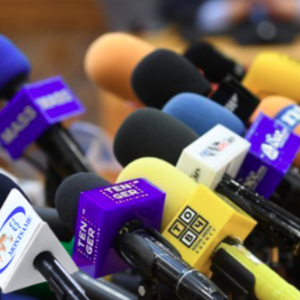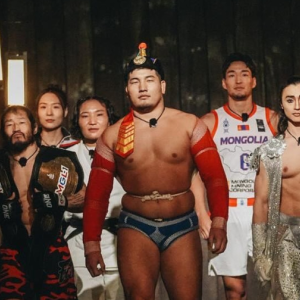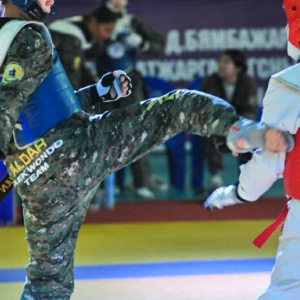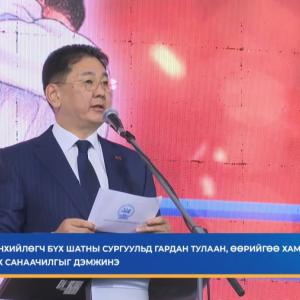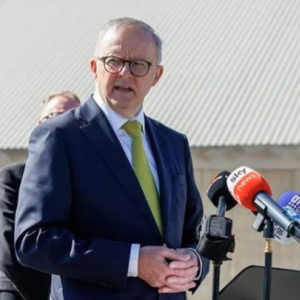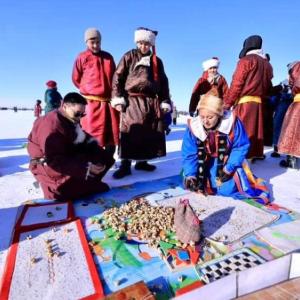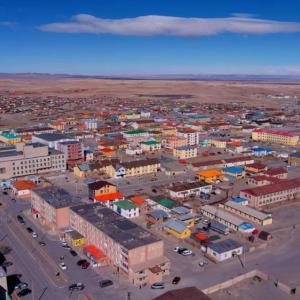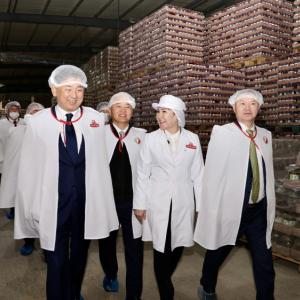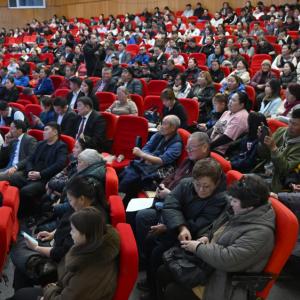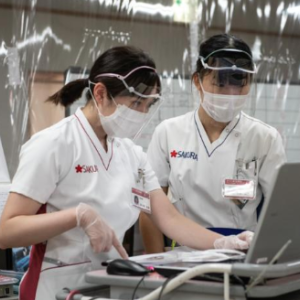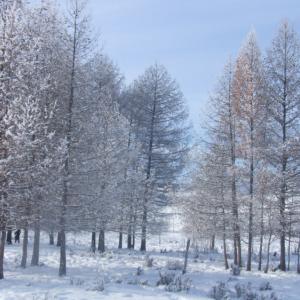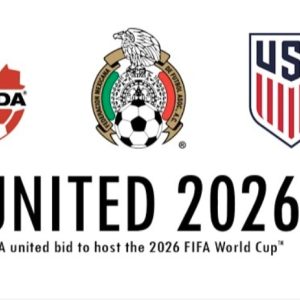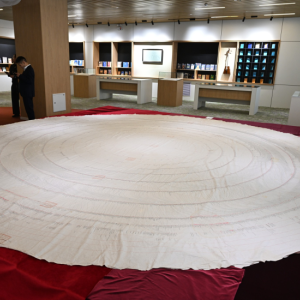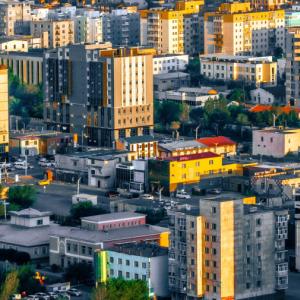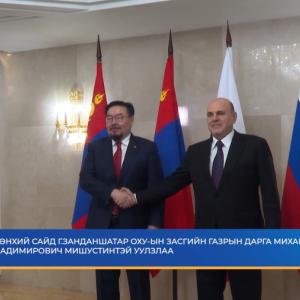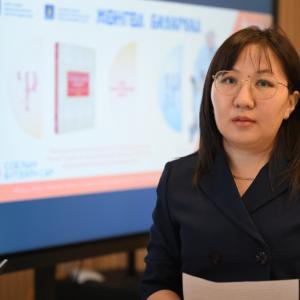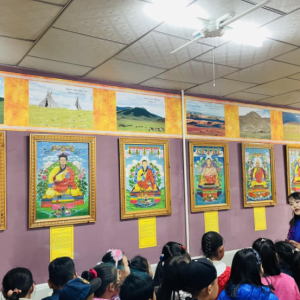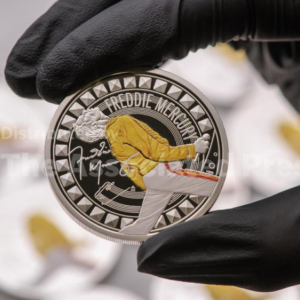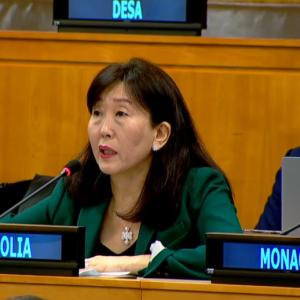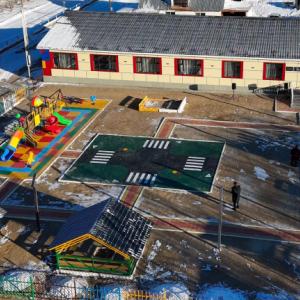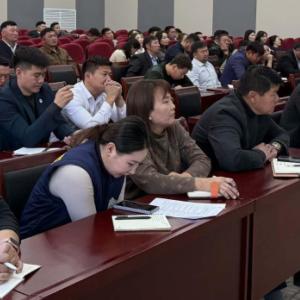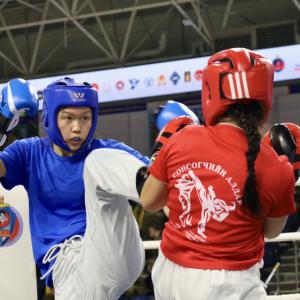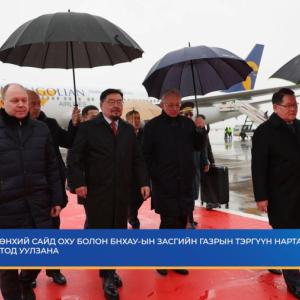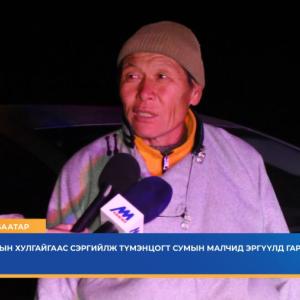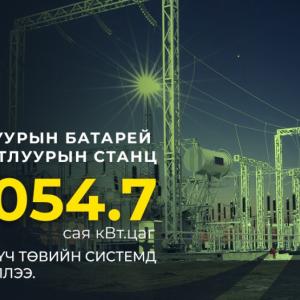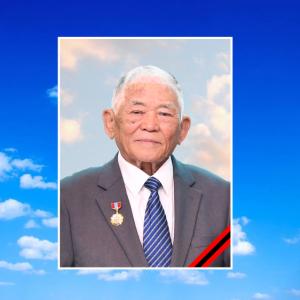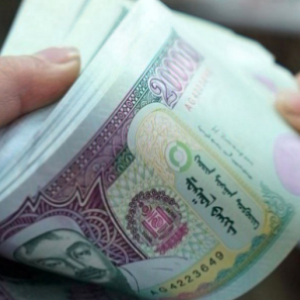Battsetseg Batmunkh: Mongolia Maintains Balanced and Multi-Pillar Foreign Policy
Politics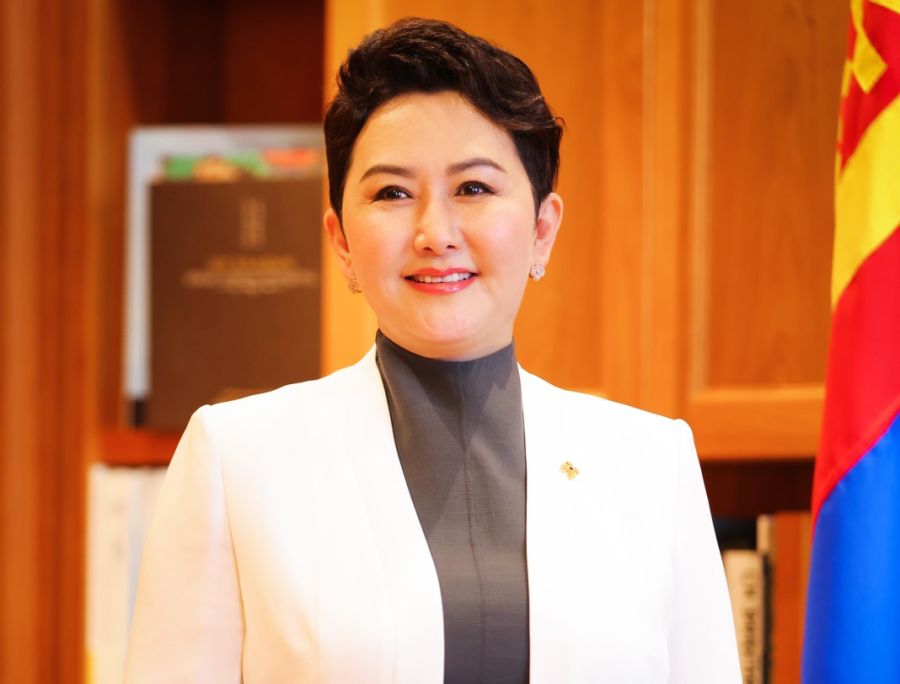
Ulaanbaatar, September 6, 2024 /MONTSAME/. MONTSAME Mongolian National News Agency is presenting its interview with Foreign Minister of Mongolia Battsetseg Batmunkh about the recent official visit of President of the Russian Federation Vladimir Vladimirovich Putin to Mongolia.
-In recent years, our country has pursued an active foreign policy, marked by numerous visits and events. This year alone, several visits have been organized, ranging from the foreign ministers to heads of state of our “third neighbors”. However, an official visit of the President of the Russian Federation to Mongolia has garnered significant attention.
-The official visit of the President of the Russian Federation Vladimir Vladimirovich Putin to Mongolia, at the invitation of the President of Mongolia Khurelsukh Ukhnaa, drew significant attention both domestically and internationally. In light of this, I would like to share some insights. However, before going into the details, it’s important to first highlight Mongolia’s unique geographic location, its geopolitical environment, and the fundamental principles of its security and foreign policies that stem from these characteristics.
Mongolia’s foreign policy concept stipulates that maintaining friendly relations with Russia and China are of the highest priority. It is emphasized that we must maintain a balanced relationship with these countries, develop extensive cooperation as friendly neighbors, and take into account the unique characteristics of our historical traditions and economic ties.
It is crucial for any country to maintain friendly, regular relations and cooperation with its neighbors. Consequently, we have fostered, and will continue to foster, stable relations with our neighboring countries through bilateral, trilateral, and multilateral forms of cooperation.
The Government of Mongolia has chosen 14 mega projects to be implemented within the framework of its 2024-2028 Action Plan and most of the projects will be carried out in collaboration with our two neighbors.
Two years ago, the foreign ministers of China and Russia visited Mongolia. Recently, the Head of State of the Russian Federation paid an official visit as well. In the coming days, a high-level visit from China will take place to commemorate the 75th anniversary of diplomatic relations between Mongolia and China, as well as the 10th anniversary of the Comprehensive Strategic Partnership between the two countries.
Any visit or meeting is carefully planned and arranged in advance, especially at higher levels, which requires even more time and preparation. Regular visits are also conducted based on the longstanding traditions and characteristics of the relationship. When President Khurelsukh visited Russia in 2021, he extended an invitation to President Putin to visit Mongolia for the commemoration of the 85th anniversary of the victory of the battle of Khalkhiin Gol. The recent visit of the President of Russia was a response to this invitation. We have a longstanding tradition of the Head of State of the Russian Federation visiting Mongolia to commemorate the 70th, 75th, and 80th anniversaries of this victory. These visits offer an excellent opportunity to discuss issues related to trade, economy, and infrastructure, as well as to make decisions and sign agreement.
These visits reflect our commitment to a balanced foreign policy. As I have mentioned before, the “essence” of our foreign policy lies in maintaining balanced relationships. In addition to our two neighbors, we have our “third neighbors”.
Not only must the relationships with our two neighbors be balanced with each other, but they also need to be balanced in conjunction with our relationships with our “third neighbors”.
-The foreign relations of our country have developed intensively over the past few years. Heads of State from Poland, France, Kyrgyzstan, the Holy See, Germany, Belarus, Laos, Bhutan, Switzerland, and Slovenia have all visited Mongolia. Does this indicate that following the visit of the President of Russia, we can expect other high-level visits from China and other third neighbors?
-Since the spring of 2022, following the pandemic, Mongolia’s foreign engagements have been both active and intensive. Over the past 30 years, high-level visits have primarily been directed abroad, with only a few high-level delegations received annually. However, in the last two years, Mongolia has welcomed 11 Heads of State, 7 Parliamentary Speakers, and 17 Foreign Ministers. Additionally, notable visits include the UN Secretary-General and leaders from the UN Office at Geneva, WHO, UNESCO, FAO, and IOM.
The growing interest of third neighbors in Mongolia, a country that pursues an independent policy while situated between two superpowers, clearly indicates that our peace-loving, open, independent, and multi-pillar foreign policy is highly valued and clearly reflects the rise in our global reputation. Mongolia's “third neighbors” also regularly acknowledge the unique circumstances of our country, including its geographical location, economic strengths, and resources.
-You noted that the visit of the President of Russia was not unexpected and was conducted to uphold the principles of our foreign policy. Now, let us turn to the content and outcomes of the visit, as well as the complex issues surrounding it.
-Of course, the visit of the President of Russia has sparked heated debate among our citizens and the public. This is how a democratic, free, and healthy society should function, where people are free to express their opinions. However, it is the government’s responsibility to provide accurate, truthful, and factual information.
In addition to the historical and traditional relations, the current reality of purchasing most of our fuel and energy from Russia is also a critical economic and security-related factor that necessitated the visit. Our country imports 95 percent of its petroleum products and 25 percent of its electricity from Russia.
Therefore, during the visit, the two sides focused their discussions on energy cooperation and signed relevant agreements. They signed intergovernmental agreements on cooperation in the fields of petroleum products, fuel supply, energy, and infrastructure.
The strengthening of the legal framework for the long-term, stable supply of fuel and energy was of particular significance.
Moving on to the complicated issue you mentioned earlier, the International Criminal Court, of which our country is a member, issued an arrest warrant for the President of the Russian Federation. However, according to existing international legal instruments, a head of state enjoys immunity while performing their duties. Historically, the principle and norms of non-aggression against high-level guests and envoys were first introduced by Mongolians during the time of Great Chinggis Khaan, and this concept was later reflected in international law.
Furthermore, there is a principle in the Rome Statute that the ICC does not have the right to demand action from a country that is inconsistent with its obligations under international treaties and agreements concluded with other countries.
In 2019, Mongolia and Russia signed the Treaty on Friendly Relations and Comprehensive Strategic Partnership, thereby renewing its 1993 Treaty on Friendly Relations and Cooperation. The renewed treaty emphasizes the need for both parties “to facilitate regular meetings at various levels, with a primary focus on high-level exchanges, and to refrain from engaging in or supporting any act that is directed against the other party”.
We have been in contact with the ICC and have exchanged information and views regarding the bilateral agreement between Mongolia and Russia, as well as the immunity and privileges granted to the President of the Russian Federation.
-Some foreign countries, especially Ukraine, are very sensitive to this visit. What is your position on this?
-We respect and pay great attention to the views and positions expressed in the international community. We maintain good relations with Ukraine and work closely together. During events such as the Munich Security Conference, I have met with the Foreign Minister of Ukraine, where we exchanged views and reached a common understanding. Additionally, our two Presidents have engaged in discussions through telephone calls. We will certainly continue to nurture this relationship.
I would like to emphasize once again that our country will never support any war, conflict, or use of force, and we have consistently expressed this position at the UN and other international platforms to the best of our abilities.
Even during the recent visit, we reiterated that war and the use of force are not solutions; rather, issues should be resolved through peaceful means and consensus. The President of Mongolia has also confirmed this position clearly in his statement to the press.
Moving forward, based on the traditional philosophy of the Mongolian people, we are considering and planning initiatives aimed at stopping the wars and crises occurring around the world and establishing peace through dialogue and negotiation. We will actively propose solutions to the international community and explore ways to mediate discussions between the involved parties.
-о0о-
 Улаанбаатар
Улаанбаатар






